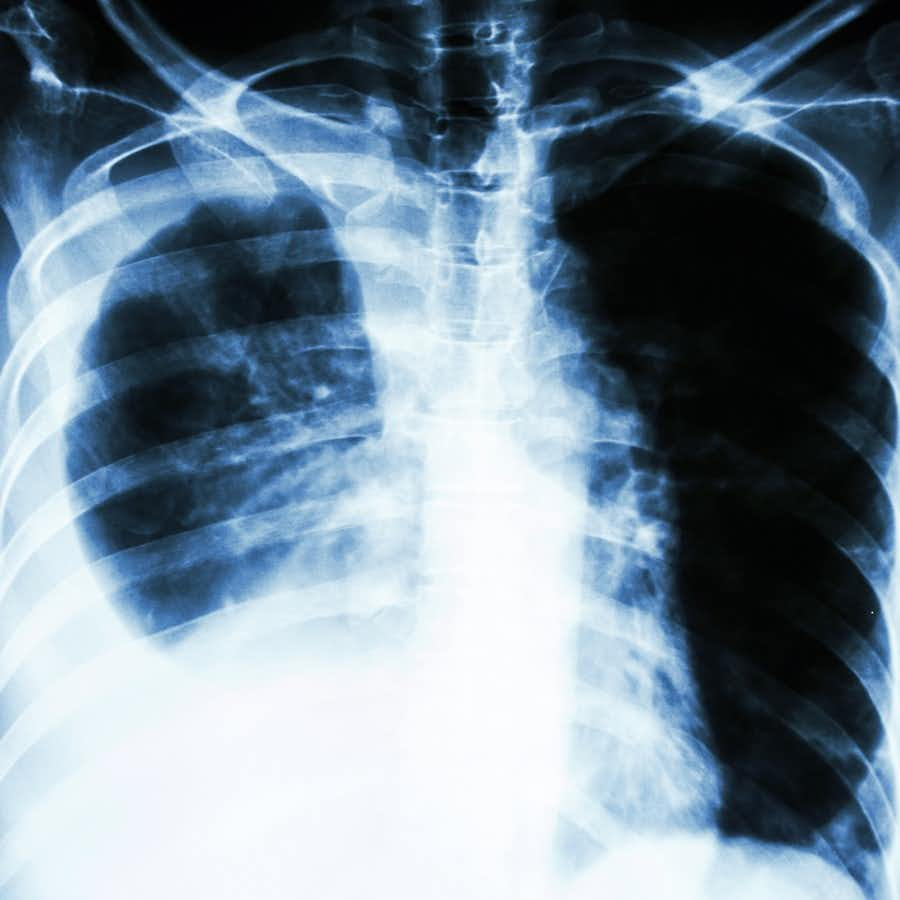
Lung cancer accounts for more cancer deaths than any other type, with 150,000 fatalities every year. Until recently, treatments were unimpressive and the prognosis for patients was “dismal,” as one eminent oncologist put it. This week, however, scientists have presented the results of a new approach to treatment, immunotherapy, that looks more promising (New England Journal of Medicine, April 16, 2018).
Adding Immunotherapy to Other Lung Cancer Treatments:
Three separate studies published in The New England Journal of Medicine found that adding immunotherapy to surgery or chemotherapy can significantly prolong survival. One study compared chemotherapy alone to chemo plus immunotherapy (pembrolizumab) for patients with advanced cancer. After one year, more than 69 percent of those getting the dual treatment were still alive, while 49 percent of those who had received only chemo survived (Gandhi et al, New England Journal of Medicine, April 16, 2018).
In another study, patients who were treated with the immunotherapy nivolumab (Opdivo) before surgery had better outcomes than those who got chemotherapy (Forde et al, New England Journal of Medicine, April 16, 2018). The third study found that people with advanced tumors did better when they got two rather than just one medicines that turbocharge the immune system. Doctors used a combination of ipilimumab (Yervoy) and nivolumab (Hellmann et al, New England Journal of Medicine, April 16, 2018).
Downsides of Immunotherapy:
All of this is very promising; it is certainly better to have 70 percent of patients still alive after a year rather than just half. However, there are some downsides. One is that these immunotherapy agents are extremely expensive. They can cost as much as $100,000 a year.
In addition, these medications can have very serious side effects. Revving up the immune system so it can attack tumors means it may attack the body itself. Some patients become so ill that they must be hospitalized and cannot continue taking the medicines. Moreover, not all patients respond to these treatments. Researchers and clinicians are trying to figure out exactly why and how they can improve the response rate.
In summary, immunotherapy is becoming an important treatment for many hard-to-manage cancers. Nonetheless, we are still a long way from a cure for cancer.

